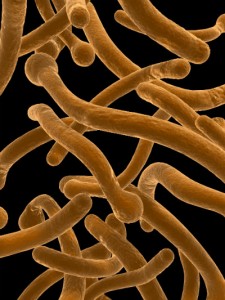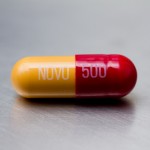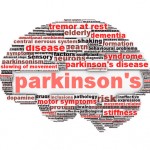 Maternal consumption of wheat is a risk factor for schizophrenia. Wheat can be inflammatory to some people.
Maternal consumption of wheat is a risk factor for schizophrenia. Wheat can be inflammatory to some people.
Other risk factors are low vitamin D, complications during pregnancy or childbirth, and infection with toxoplasmosis or herpes. Read more…
SOURCE: Psychology Today
 It’s a bad idea to take antibiotics during pregnancy. Children whose mothers took antibiotics during pregnancy are more likely to develop asthma, as well as autism, ADHD, learning disabilities, dyslexia, arthritis, allergies, depression, bipolar disorder, eczema, kidney problems, schizophrenia, acid reflux, colic and autoimmune disorders.
It’s a bad idea to take antibiotics during pregnancy. Children whose mothers took antibiotics during pregnancy are more likely to develop asthma, as well as autism, ADHD, learning disabilities, dyslexia, arthritis, allergies, depression, bipolar disorder, eczema, kidney problems, schizophrenia, acid reflux, colic and autoimmune disorders.  And here’s yet another reason to eat organic food: pesticides might be causing your food allergies. Dichlorophenols, such as the pesticide 2,4-D as well as moth balls and room deodorizers, kill bacteria, including the good bacteria in your gut and may thus contribute to gut dysbiosis.
And here’s yet another reason to eat organic food: pesticides might be causing your food allergies. Dichlorophenols, such as the pesticide 2,4-D as well as moth balls and room deodorizers, kill bacteria, including the good bacteria in your gut and may thus contribute to gut dysbiosis. 
 Children who take antibiotics have an 84% increased risk for developing Inflammatory Bowel Disease. In addition, the younger a child is when treated with antibiotics, the greater the risk.
Children who take antibiotics have an 84% increased risk for developing Inflammatory Bowel Disease. In addition, the younger a child is when treated with antibiotics, the greater the risk.  Chlorine in tap and pool water has been linked to a rising number of people with food allergies. Chlorine is an endocrine disruptor that also kills good gut flora.
Chlorine in tap and pool water has been linked to a rising number of people with food allergies. Chlorine is an endocrine disruptor that also kills good gut flora.  Kombucha may not be well tolerated by those with weak immune function, gut dysbiosis or hormonal imbalances, such as people with SIBO, IBS or Candida overgrowth. Donna Gates of the Body Ecology Diet recommends doing controlled ferments with specific bacteria or yeast instead.
Kombucha may not be well tolerated by those with weak immune function, gut dysbiosis or hormonal imbalances, such as people with SIBO, IBS or Candida overgrowth. Donna Gates of the Body Ecology Diet recommends doing controlled ferments with specific bacteria or yeast instead.  This video was shown in late 2012 at the Congressional hearing about the autism epidemic: “How Mercury Causes Brain Neuron Damage”. Also, “we should be focusing on the dietary aspects” in relation to autism. Parents have to do their own research, and researchers don’t listen to them.
This video was shown in late 2012 at the Congressional hearing about the autism epidemic: “How Mercury Causes Brain Neuron Damage”. Also, “we should be focusing on the dietary aspects” in relation to autism. Parents have to do their own research, and researchers don’t listen to them. It’s something that biomedical doctors, functional-medicine doctors and naturopaths have known about for years, but the
It’s something that biomedical doctors, functional-medicine doctors and naturopaths have known about for years, but the 


